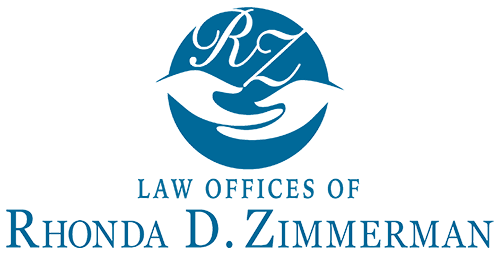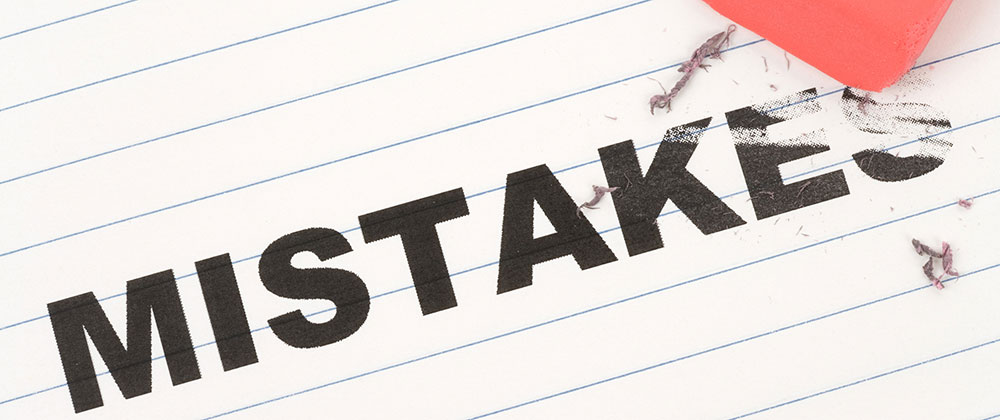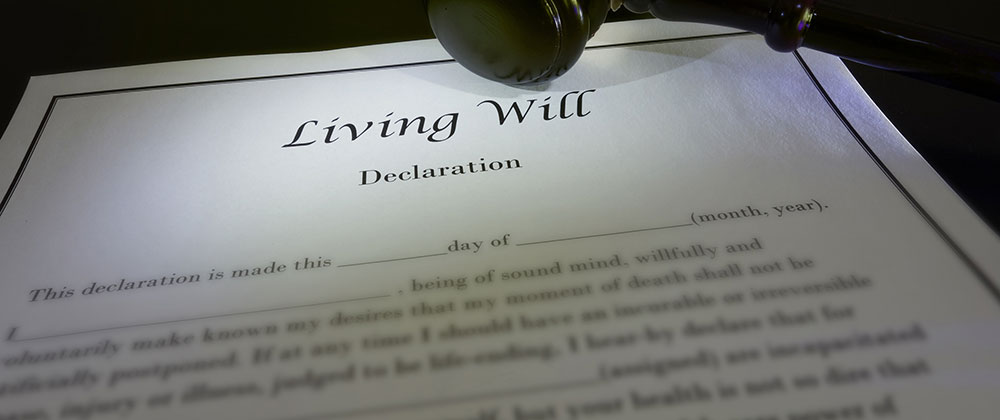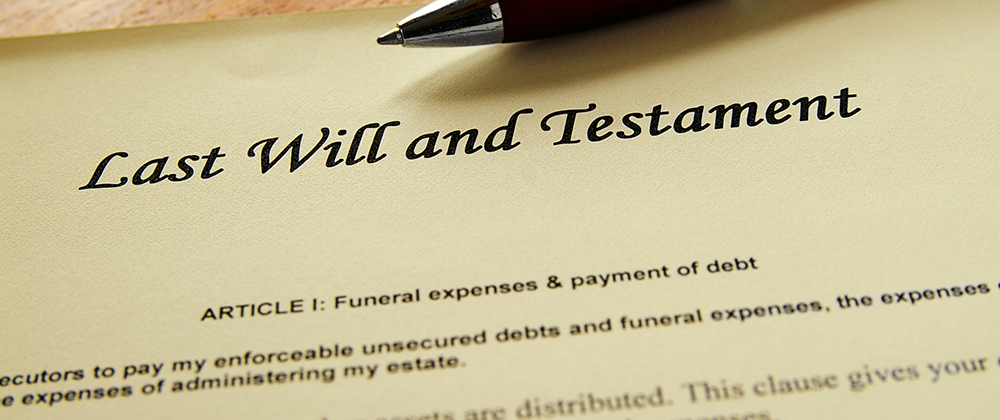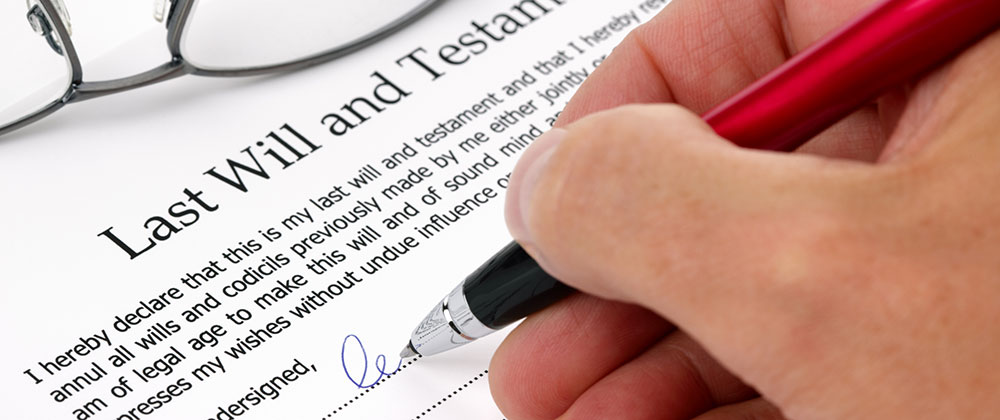Avoid These Estate Planning Mistakes
Estate planning is important for most people in Fort Lauderdale, Florida. However, it is also important to avoid common estate planning mistakes when you create your plan. Here are 13 of the most common mistakes people make when planning their estates from Fort Lauderdale estate planning attorney Rhonda D. Zimmerman, Esq.
1. Not Planning
Many people put off creating estate plans because they think they have plenty of time to do that. However, all adults should create estate plans to ensure their wishes are followed after they die. Without an estate plan, your assets will pass according to the state’s intestacy laws instead of how you might intend.
2. Failing to Discuss Your Plan With Family
It’s a good idea to talk about your estate plan with your family members so you can explain why you have made the decisions you have. While it might be uncomfortable, talking about your plan can help to avoid conflicts between your family members and potential will contests after you die.
3. Naming One Beneficiary
You shouldn’t leave everything to one beneficiary in your estate plan. Your beneficiary might predecease you. If you don’t have a contingent beneficiary listed on your accounts and other assets, they will not be passed according to your wishes.
4. Not Having a Healthcare Proxy or Power of Attorney
A power of attorney and a healthcare proxy allows you to designate trusted individuals to make important decisions for you if you are incapacitated and unable to make decisions about your finances and healthcare. If you don’t create these documents, your family might have to go through an expensive guardianship process in court.
5. Not Planning for Your Final Arrangements
Planning for your funeral and burial arrangements can help to lessen the burden placed on your family members when you die. You should also make plans about other end-of-life care, including assisted living, hospice care, or others.
6. Leaving Your Digital Assets Out of Your Estate Plan
Many people have substantial digital assets that should be included in your estate plan, including online bank and investment accounts, photos, and social media accounts. Leaving these types of accounts and failing to provide your passwords might mean that your family will not be able to access them after you die.
7. Leaving Out Important Charities
Many people forget to include charities in their estate plans that are important to them. You can use your estate plan to leave some of your assets to a charity of your choice if you wish.
8. Planning Mistakes About Your Children
Some people fail to include provisions for who will care for their minor children if they unexpectedly pass away, and others forget to plan for special needs children or include stipulations for receiving assets that their children might not meet. Considering each of your children’s futures while planning can help to avoid potential mistakes.
9. Being Overly Specific
Leaving assets to beneficiaries of your will that you might not own in the future can make administrating your estate difficult. To avoid this problem, review and update your estate plan whenever you undergo major life changes and every few years to make certain it is still current.
10. Failing to Fund Your Trust
Trusts can be used to accomplish many benefits. However, you must fund your trust to make it work.
11. Failing to Plan for Taxes
Failing to properly plan for taxes can result in a significant portion of your estate going to the Internal Revenue Service. It can also leave your beneficiaries facing a substantial tax bill. Make sure to include tax planning when you create your estate plan.
12. Failing to Tell Your Loved Ones Where to Find Your Plan
Once you create an estate plan, you should keep it in a secure, safe place. However, make sure to tell your loved ones where it is, and keep it in a place where they can access it.
13. Failing to Update Your Estate Plan
If you don’t update your estate plan every three to five years and after any major life changes, you could accidentally exclude beneficiaries or leave your assets to someone you don’t want to receive them. Update your plan when your life changes, and review it with your Florida estate planning lawyer every few years.
Talk to a Fort Lauderdale Estate Planning Attorney
If you need to create an estate plan, working with an experienced attorney at the Law Offices of Rhonda D. Zimmerman, Esq. might help you to avoid these and other mistakes. Call us today at (954) 822-7566.
